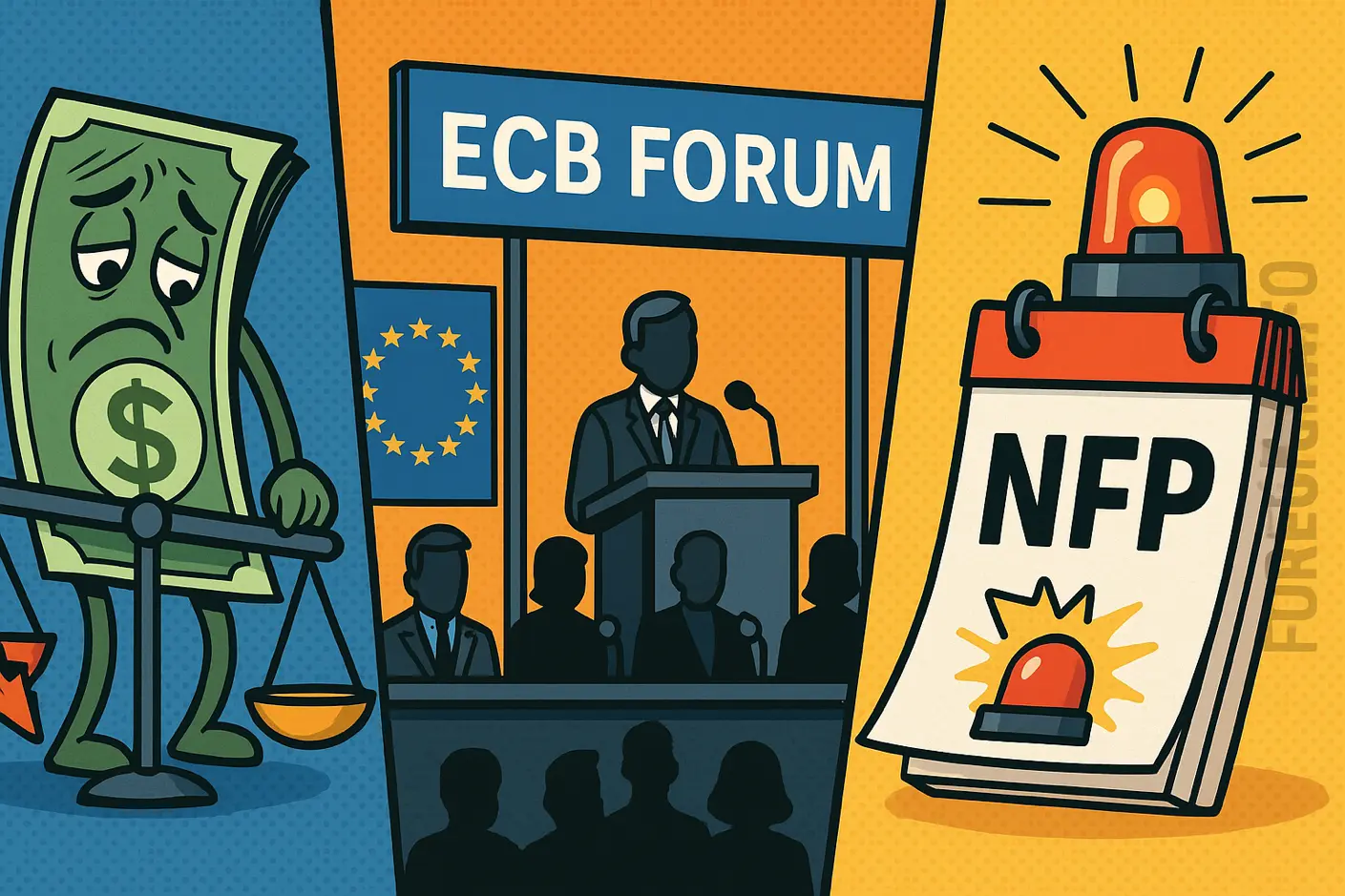On the policy front, the US House of Representatives passed the "One Big Beautiful Bill Act," now headed to President Donald Trump for signature. The act cements the corporate tax rate at 21.0% (down from the previous 35.0%) and sets a top income tax rate of 37.0% for married couples earning over $600,000 (down from 39.6%). While many experts believe these changes could add $3.4 trillion to US debt and decrease budget revenues by $4.5 trillion over the next decade, the near-term economic effect may be fleeting. Uncertainty also lingers as the July 9 deadline approaches for finalizing new trade agreements with Japan, China, and the EU. The lack of deals increases market anxiety over tariffs and the risk of a global economic slowdown.
Eurozone
The euro gained ground versus both the US dollar and pound, though lost momentum against the yen. May’s wholesale inflation data showed producer prices rebounded from −2.2% to −0.6% month-on-month, and from 0.7% to 0.3% year-on-year—validating the European Central Bank's (ECB) efforts to control price growth. Pierre Wunsch, head of the Belgian central bank, noted that a slowdown in price acceleration is now the most probable scenario. Meanwhile, German factory orders for May dropped 1.4% (far below the expected −0.2%), with the electronics and optics sector seeing a sharp 17.7% decline.
United Kingdom
Sterling lost ground against the euro and yen, while trading mixed against the dollar. Construction sector data for June revealed the PMI rose from 47.9 to 48.8, still reflecting stagnation, but the contraction is decelerating, especially in commercial building. Business leaders remain cautiously optimistic about a potential mid-term recovery.
Japan
The yen advanced against the dollar, euro, and pound. Household spending data for May surprised on the upside—rising 4.6% month-on-month (vs. forecast 0.4%) and 4.7% year-on-year (vs. 1.3%). This marks the fastest growth in three years, largely driven by automotive and ready-made food purchases. Analysts believe the surge in consumer demand could support Japan’s economic outlook and may prompt the Bank of Japan to consider another rate hike in the medium term.
Australia
The Australian dollar weakened across the board—falling against the US dollar, yen, pound, and euro. The Bureau of Statistics recorded household spending growth at 0.9% month-on-month and 4.2% year-on-year, a rebound after three months of contraction, though still too modest to meaningfully boost GDP. The Reserve Bank of Australia is thus likely to further ease borrowing costs. Additionally, Prime Minister Anthony Albanese noted that post-July 9, exports to the US will remain subject to a 10.0% tariff, though diplomatic efforts to have sanctions lifted will continue.
Oil Markets
Oil prices corrected lower ahead of the critical July 6 OPEC+ meeting. Analysts broadly expect the cartel to agree on another production hike—potentially adding 411,000 barrels per day. Sentiment was further pressured by the prospect of renewed US-Iran nuclear negotiations. President Trump indicated a willingness to meet with Iranian representatives if necessary, which, if successful, could lead to sanctions relief for Iran’s energy sector, putting additional downward pressure on oil prices.

